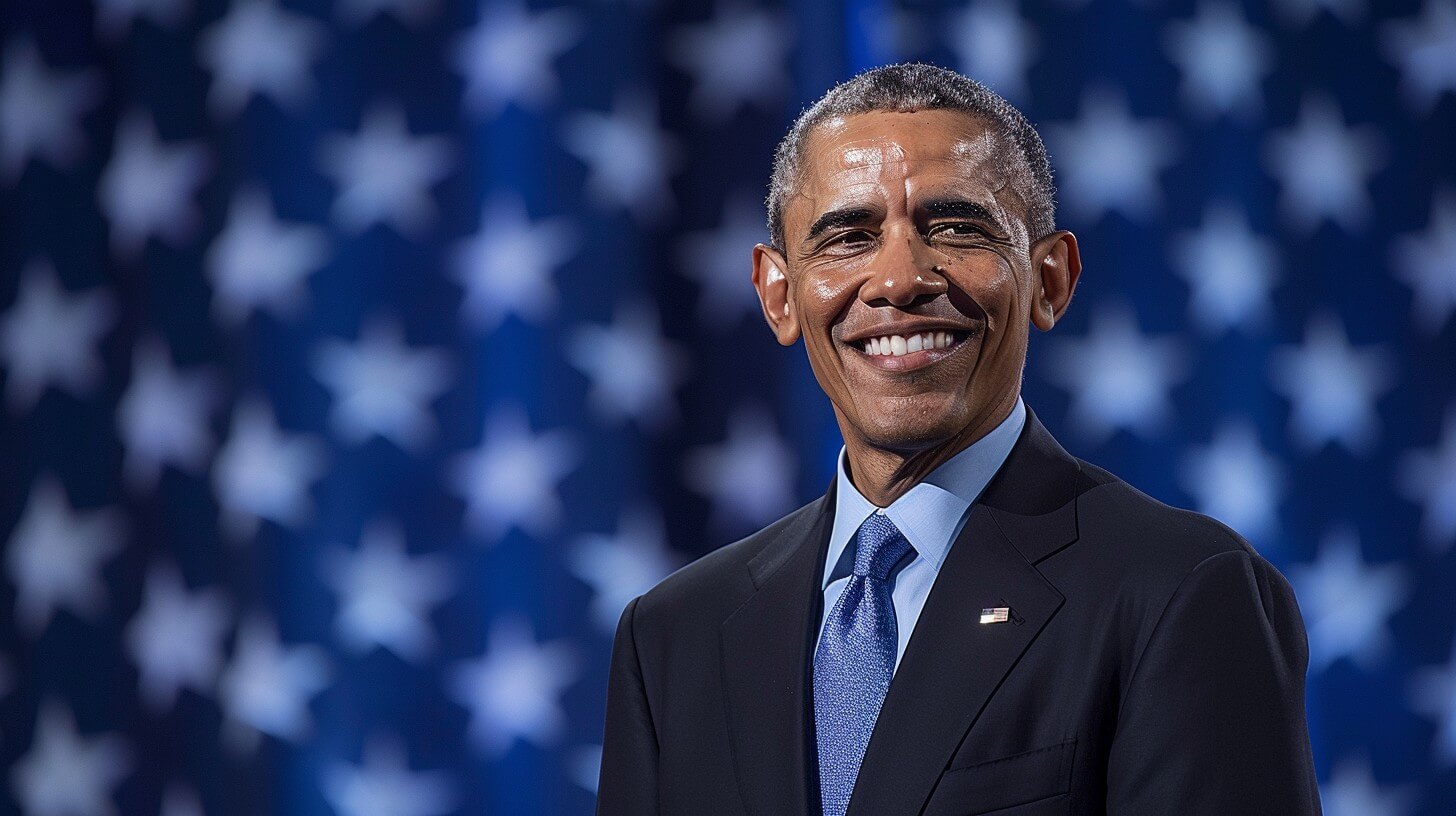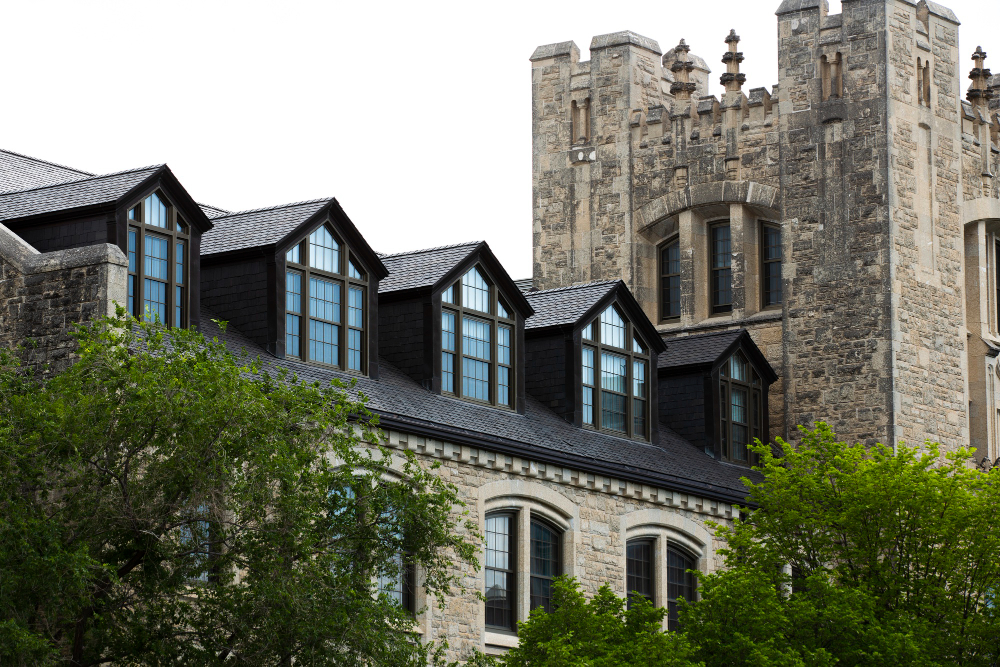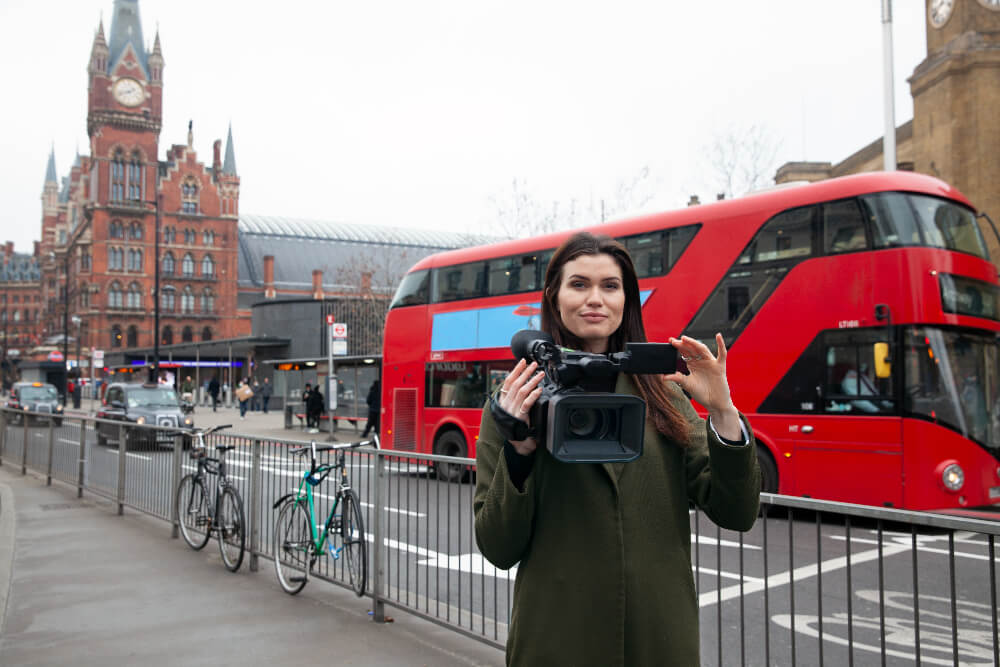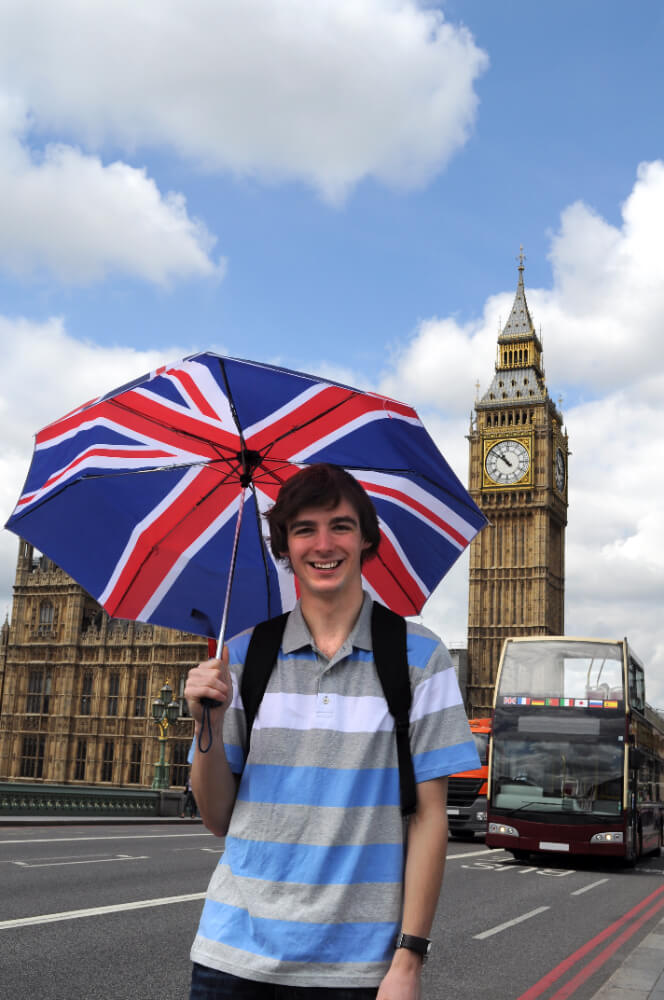Ever wondered how the words of a former president could influence where you decide to take your next vacation? Barack Obama’s speeches impact tourism have reached far beyond politics, inspiring a global audience and impacting tourism in unexpected ways.
This guide will explore how Obama’s eloquent addresses have shaped travel trends and inspired people worldwide to explore new destinations.
Common Questions and Concerns
When diving into the topic of Obama’s speeches and their impact on global tourism, you might have several questions:
- How have Obama’s speeches influenced tourism?
- What specific destinations have seen increased tourism due to his speeches?
- Are there any personal stories or examples of this impact?
- How can this influence be measured?
Let’s break down these questions and provide answers in a clear, engaging way.
How Have Obama’s Speeches Influenced Tourism?
Obama’s speeches often emphasized themes like hope, change, and global unity.
These messages resonate with a diverse audience, encouraging people to explore and connect with different cultures.
For example, his 2008 Berlin speech emphasized the importance of global unity, which sparked increased interest in Berlin as a travel destination.
Specific Destinations Influenced by Obama’s Speeches
Berlin, Germany
One of the most notable examples of Obama’s speeches influencing tourism is his 2008 address in Berlin.
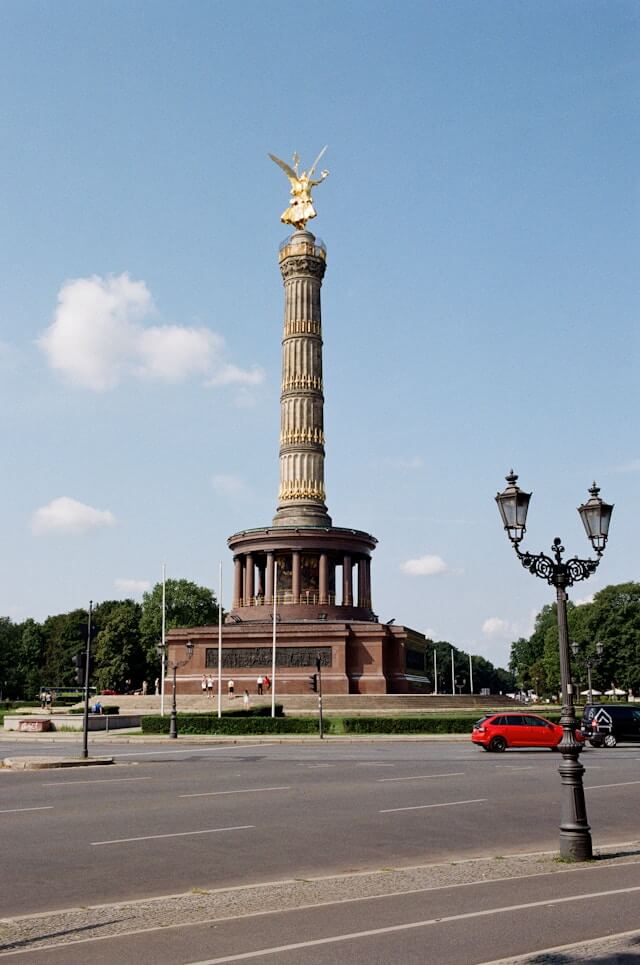
Standing before the Siegessäule (Victory Column), Obama spoke to a crowd of over 200,000 people, delivering a message of hope, unity, and global cooperation.
This speech not only solidified his position as a global leader but also brought Berlin into the spotlight for many travelers.
Visitors were drawn to Berlin not just for its historical significance but also because it represented a place where modern history was being made.
The city, already rich in historical landmarks such as the Brandenburg Gate and the remnants of the Berlin Wall, saw an increase in tourists eager to experience the vibrant culture and history that Obama highlighted.
Many travelers cited their interest in seeing the city where Obama delivered one of his most iconic speeches as a reason for their visit.
Havana, Cuba
Obama’s efforts to normalize relations with Cuba in 2014 marked a significant shift in U.S. foreign policy and had a direct impact on tourism.
His historic visit to Havana in 2016 was a momentous occasion, symbolizing a new era of engagement between the two countries.
This visit, accompanied by powerful speeches promoting reconciliation and cultural exchange, ignited a surge of interest in Cuba.
American tourists, in particular, were eager to explore the once-forbidden island, drawn by its rich history, vibrant culture, and the allure of experiencing a place that had been largely off-limits for decades.
Havana’s colorful streets, vintage cars, and lively music scene became a must-visit destination for travelers seeking an authentic Cuban experience.
Local businesses, including restaurants, hotels, and tour operators, saw a significant boost as a result.
Africa
Obama’s Kenyan heritage and his visits to the African continent had a profound impact on tourism in the region.
His trips to Kenya and South Africa, among other countries, highlighted the diverse cultures, natural beauty, and economic potential of the continent.
In 2015, Obama visited Kenya, where he delivered a powerful speech at the Global Entrepreneurship Summit in Nairobi.
His visit not only showcased Kenya’s growing status as a hub for innovation and entrepreneurship but also drew attention to its stunning landscapes and wildlife.
Tour operators reported an increase in inquiries and bookings from travelers inspired by Obama’s visit.
Similarly, Obama’s 2013 trip to South Africa, where he paid tribute to Nelson Mandela, drew global attention.
His speeches, emphasizing the importance of leadership, justice, and equality, resonated with many and inspired them to visit South Africa.
Cape Town, Johannesburg, and the famous Kruger National Park saw a noticeable increase in tourism, with visitors eager to experience the places that had played a significant role in the struggle for freedom and justice.
Personal Stories and Examples
To illustrate the impact of Obama’s speeches on global tourism, let’s delve into some personal stories and examples that highlight how his words inspired travel.
Sarah’s Journey to Berlin
Sarah, a history enthusiast from New York, had always dreamed of visiting Europe.
However, it wasn’t until she watched Obama’s 2008 Berlin speech on YouTube that she felt a strong urge to visit Germany.
She was moved by his message of hope and unity and wanted to see the city that had played host to such a historic event.
During her trip, Sarah visited the Victory Column, where Obama had stood, and explored other historical sites such as the Berlin Wall Memorial and the Holocaust Memorial.
She felt a deep connection to the city and its history, enriched by the knowledge that she was walking in the footsteps of a momentous occasion.
Sarah’s trip not only satisfied her curiosity but also deepened her appreciation for Berlin’s role in shaping modern history.
Mark and Lisa’s Cuban Adventure
Mark and Lisa, a couple from California, had always been intrigued by Cuba but never considered it a viable travel destination due to the travel restrictions.
When Obama announced the normalization of relations with Cuba, they saw it as an opportunity to finally explore the island.
Inspired by Obama’s speeches promoting cultural exchange and understanding, they booked a trip to Havana.
They were captivated by the city’s vibrant atmosphere, from the lively music in the streets to the stunning colonial architecture.
They visited landmarks like the Malecón and the Museum of the Revolution, gaining a deeper understanding of Cuba’s history and culture.
Mark and Lisa’s trip not only fulfilled a long-held dream but also fostered a greater appreciation for the importance of cultural diplomacy.
David’s African Safari
David, an avid wildlife photographer from Australia, had always wanted to go on a safari in Africa.
Obama’s 2015 visit to Kenya and his speeches highlighting the country’s natural beauty and entrepreneurial spirit inspired David to take the plunge.
He booked a safari tour in the Maasai Mara National Reserve, where he had the opportunity to photograph the “Big Five” and witness the Great Migration.
David also visited Nairobi, exploring the vibrant city that had hosted Obama during his visit. The trip was a life-changing experience for David, who felt a deep connection to the places he visited and the people he met.
Obama’s speeches had not only inspired his journey but also enriched his understanding of Kenya’s culture and wildlife.
Measuring the Impact
The impact of Obama’s speeches on tourism can be measured through various metrics:
Tourism Statistics
Analyzing tourism statistics before and after key speeches can provide concrete evidence of their influence.
For example, the German National Tourist Board reported an increase in visitors to Berlin following Obama’s 2008 speech.
Similarly, the Cuban Ministry of Tourism saw a significant rise in American tourists after the normalization of relations.
Social Media Trends
Social media platforms are valuable tools for gauging the impact of Obama’s speeches on tourism.
By tracking hashtags, mentions, and user-generated content related to destinations mentioned in his speeches, we can observe spikes in interest and engagement.
For instance, following Obama’s visit to Cuba, hashtags like #VisitCuba and #HavanaAdventure trended on platforms like Instagram and Twitter.
Economic Impact
Assessing the economic impact of increased tourism provides another layer of understanding.
Local businesses, such as hotels, restaurants, and tour operators, often report higher revenues and increased bookings following high-profile visits and speeches.
This economic boost can be measured through financial reports and industry analyses.
Making the Content Engaging and SEO-Friendly
Using Keywords Naturally
Incorporate keywords like “Obama’s speeches,” “global tourism,” and “impact on tourism” naturally within your text. For example:
- “Obama’s speeches have had a profound impact on global tourism, inspiring travelers to explore new destinations.”
- “The impact on tourism from Obama’s speeches can be seen in cities like Berlin and Havana.”
Structuring for Readability
To ensure your content is easily scannable for readers and search engines alike, use a clear and organized structure:
- Headings and Subheadings: Clearly outline sections with headings and subheadings to make the content easy to navigate.
- Bullet Points and Lists: Use bullet points and lists to break down information into digestible parts.
- Bold Text: Highlight important points or keywords to draw attention.
Conclusion
Barack Obama’s speeches have not only left a mark on history but also on the world of travel.
By inspiring hope, unity, and curiosity, his words have encouraged people to explore new places and cultures.
Whether it’s Berlin, Havana, or beyond, the impact of his speeches on global tourism is undeniable.
Keep these insights in mind as you plan your next adventure or as you create engaging, SEO-friendly content for your audience.
Remember, travel is more than just visiting new places—it’s about connecting with the world and the stories that shape it.
FAQs
What initiatives did Obama propose to boost travel and tourism in the US?
Obama signed an Executive Order and announced new initiatives to increase travel and tourism in the United States.
These included:
- Developing a National Travel & Tourism Strategy
- Promoting visits to national parks and public lands
- Improving visa processing for countries like China and Brazil
How did Obama view the importance of travel for the US economy?
Obama saw travel and tourism as crucial for the US economy:
- The industry represented 2.7% of GDP and 7.5 million jobs in 2010
- International travel supported 1.2 million jobs alone
- Every 65 international visitors could generate enough exports to support an additional tourism-related job
What did Obama say about the transformative power of travel?
Obama believed travel helps people discover their place in the world and builds empathy.
He emphasized that:
- Travel forges connections between people
- It inspires personal transformation
- Experiencing other cultures promotes understanding
How did Obama connect travel with addressing global challenges?
Obama saw travel as a way for the US to lead on global issues:
- He urged America to lead international efforts to combat climate change
- He believed the US had a “unique responsibility” to address global challenges
- Travel could help build cooperation and understanding between nations
What did Obama say about immigration and diversity in relation to travel?
Obama viewed immigration and diversity as strengths:
- He used the example of the French football team to illustrate how diversity contributes to a nation’s success
- He emphasized that embracing diversity allows societies to benefit from the talents of all people
- This perspective aligns with promoting international travel and cultural exchange
